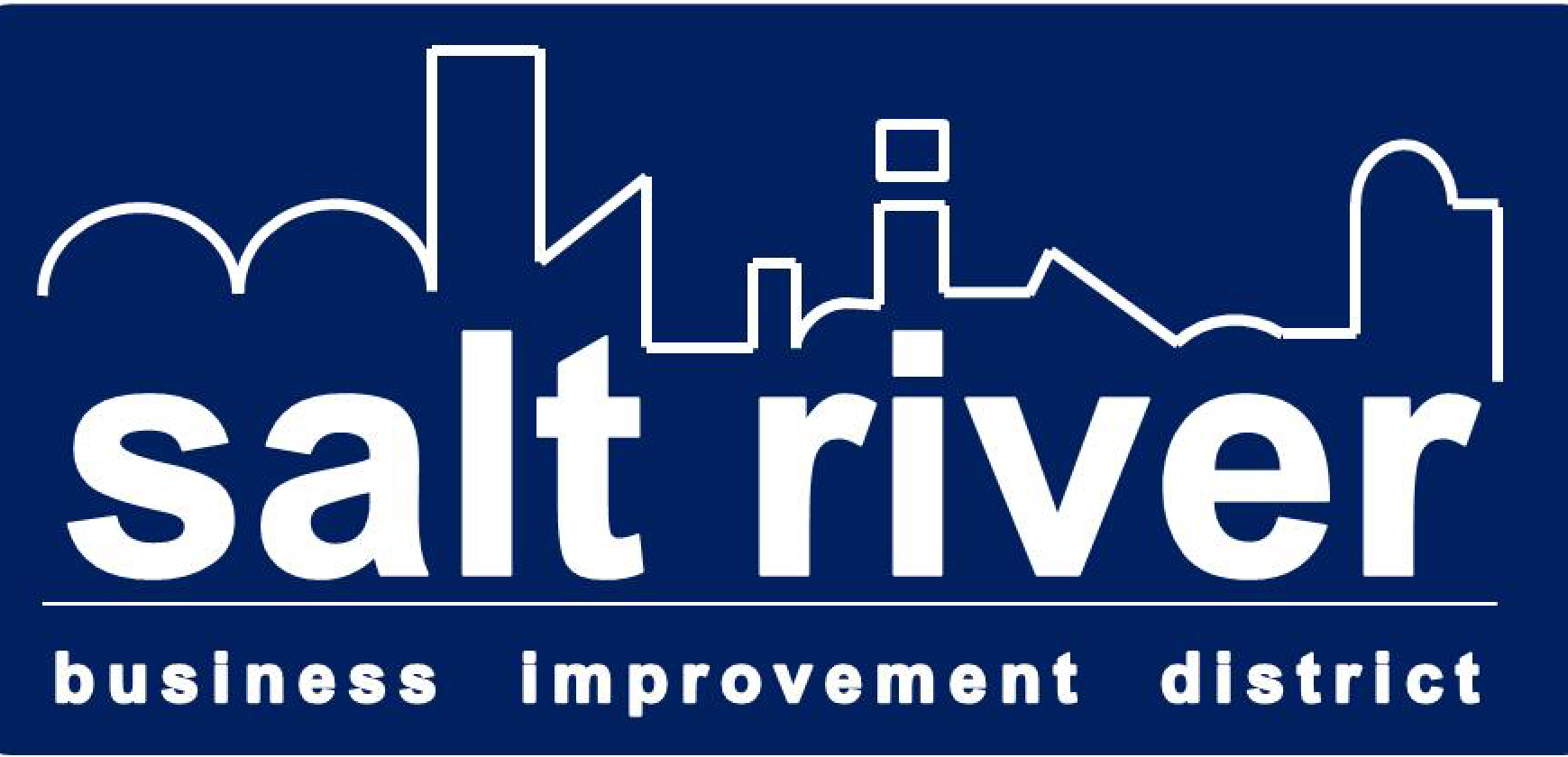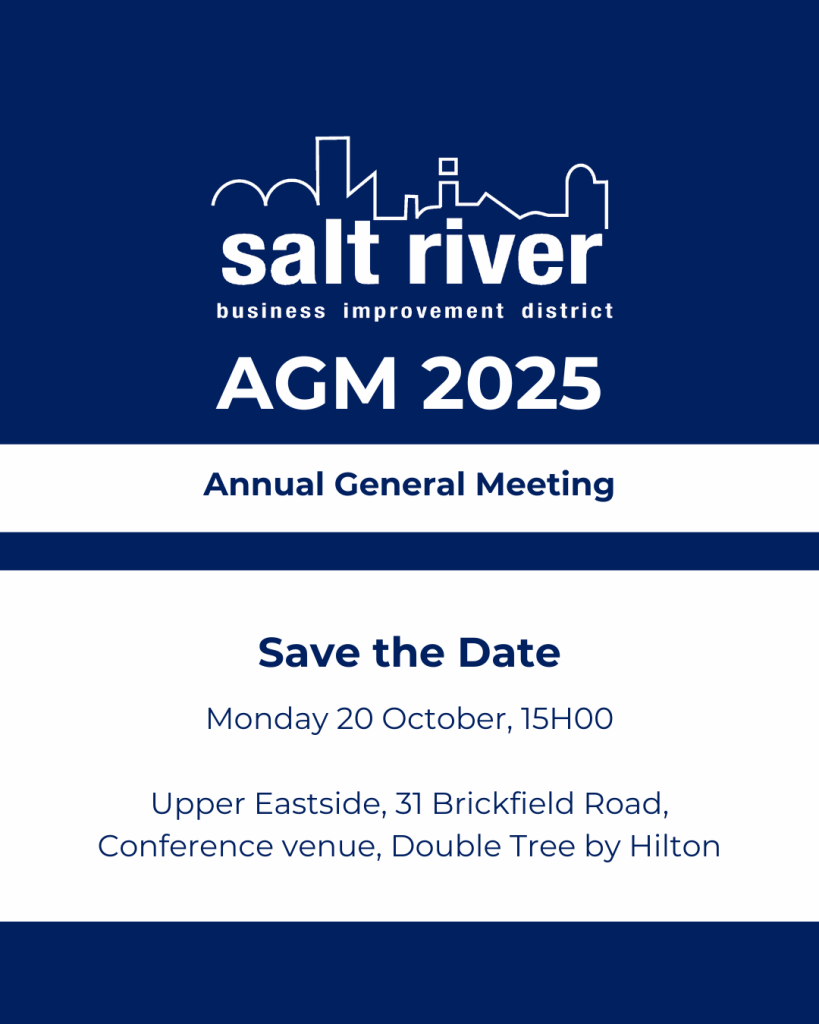srbidcoz
-
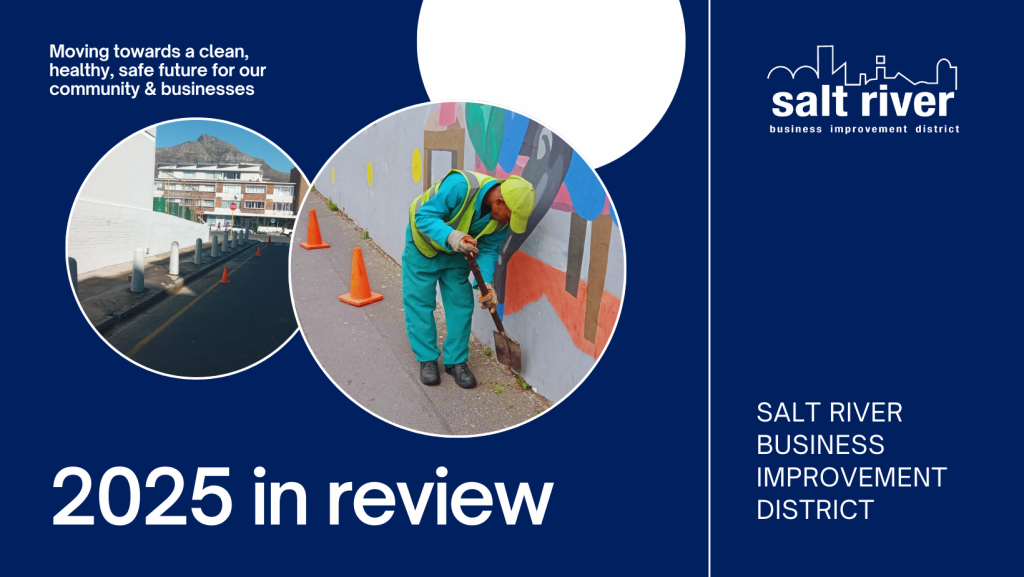
SRBID 2025 Year-End Review & Festive Season Safety Tips
As the year draws to a close, the SRBID looks back on twelve months of sustained progress in keeping Salt River cleaner, safer and more resilient. From public safety patrols to urban cleaning and rapid response to service requests, our team has remained focused on delivering the services that help businesses operate with confidence. This…
-
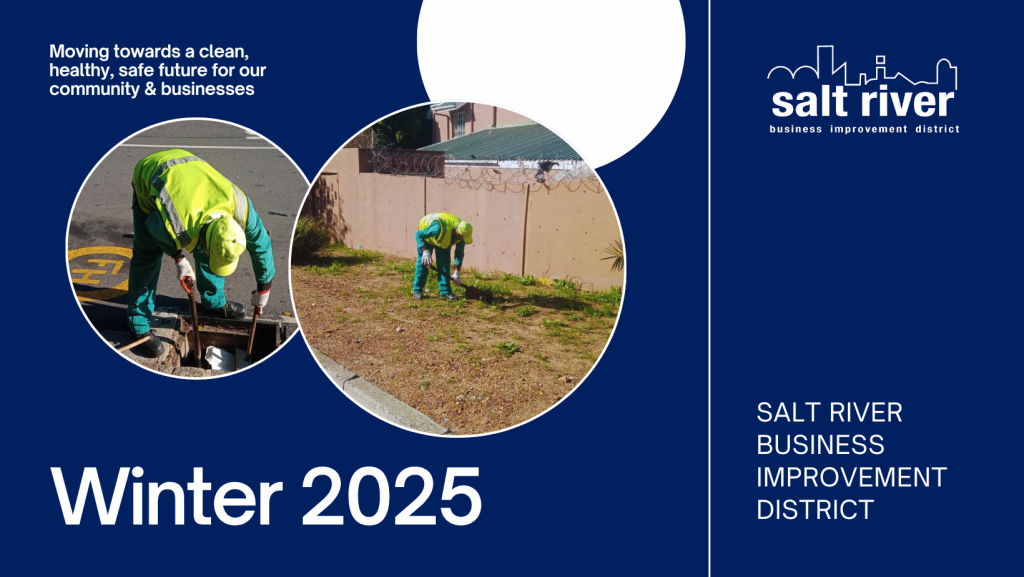
Staying Safe and Warm This Winter: How We Prepare and Support Our Communities
As temperatures drop and the rains return, winter in Cape Town brings with it both seasonal challenges and the opportunity for communities to come together. For residents and businesses, preparation is key to ensuring safety and continuity. At the same time, the City of Cape Town is stepping up support for our most vulnerable residents…
-
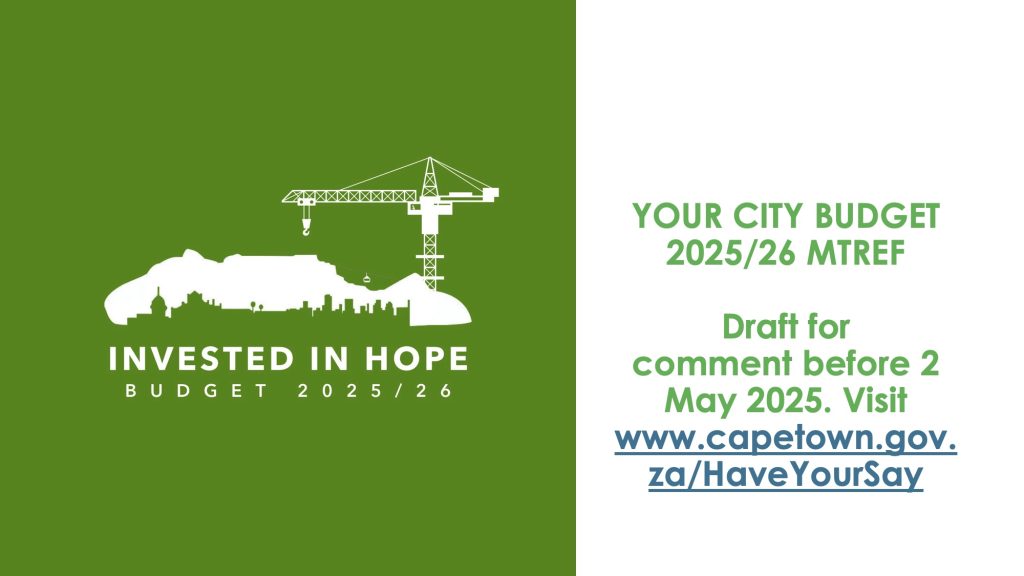
The City of Cape Town Draft Budget 2025-2026 – UPDATE: Comment before 13 June
The City of Cape Town Draft Budget 2025-26 is available for comment until 2 May; and 17 April for the proposed amendments to the 2022-27 IDP.
-
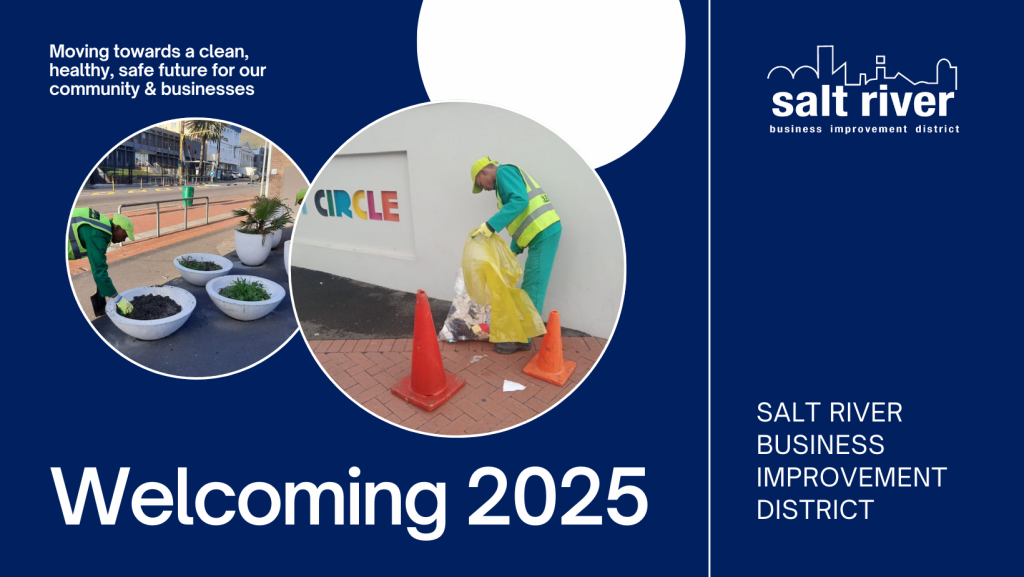
Summer Safety & Security Tips & Risk Management from SRBID
Welcome to 2025: Strengthening Our City Improvement Districts The SRBID is proud to welcome 2025 with the launch of our redesigned website! We hope you find its functionality much improved as a useful resource for our members, local businesses and wider community. As we settle into 2025, we reaffirm our commitment to maintaining safe, clean…
-
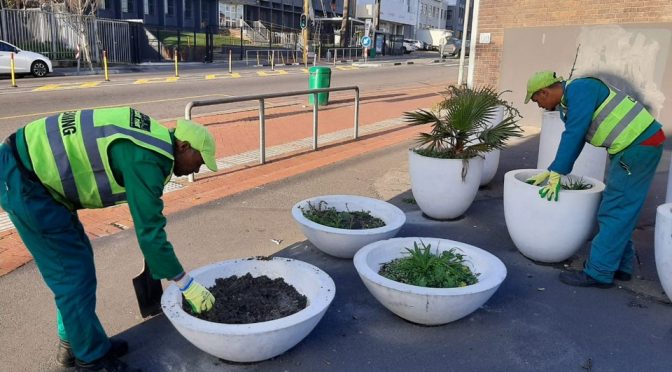
SRBID 2024 Roundup & Safety Tips for the Festive Season
As 2024 draws to a close, the Salt River Business Improvement District celebrates a year of notable achievements in making our area a cleaner, safer and more vibrant community. And, we share our festive season safety tips for businesses and all those going on holiday this season. Urban Cleaning Success This year, our urban cleaning…
-
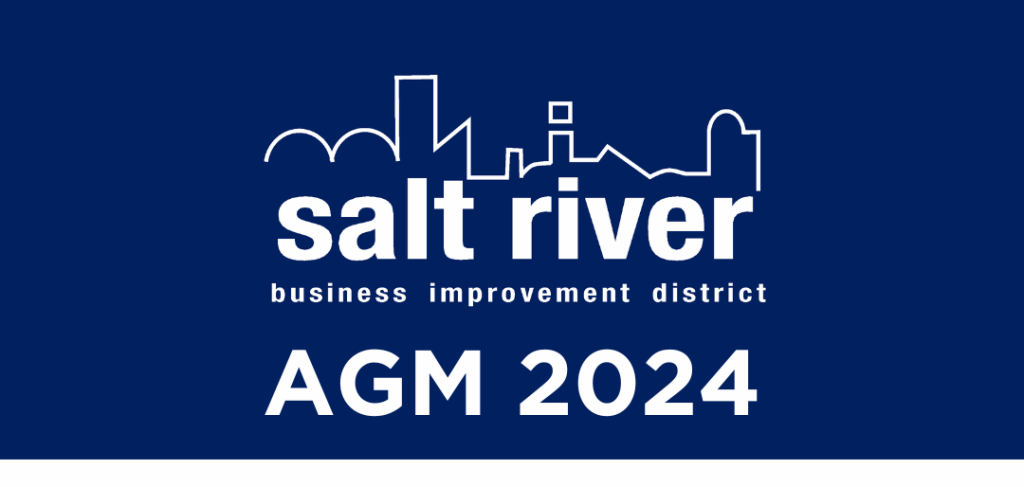
AGM 2024 Save the Date
As the year progresses, we invite all stakeholders to join us for Salt River Business Improvement District’s Annual General Meeting (AGM 2024). This is a vital opportunity to reflect on our achievements over the past year and begin planning for 2025/26. Details below. This year, we have worked on revising our Frequently Asked Questions with…
-

Winter Hope – Give Back Responsibly – help combat poverty & inequality
Winter in Cape Town is a time in which poverty and homelessness become heightened social issues, because of the extremely harsh weather conditions. At the same time, the annual Mandela Day initiative coincides, taking place this 18 July, helping to bring hope and support to vulnerable communities. Read on for more of this. And, at…
-
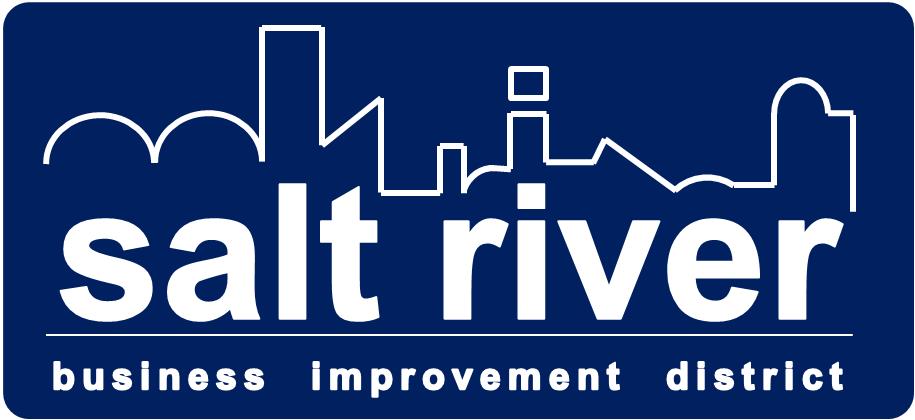
Call For Proposals
The Board of the Salt River Business Improvement District NPC (SRBID) invites suitably qualified service provider companies with existing City Improvement District experience to submit proposals for the rendering of one or more of the following services: All costs related to the submission of this proposal must be borne by the relevant applicants/companies/service providers and…
-
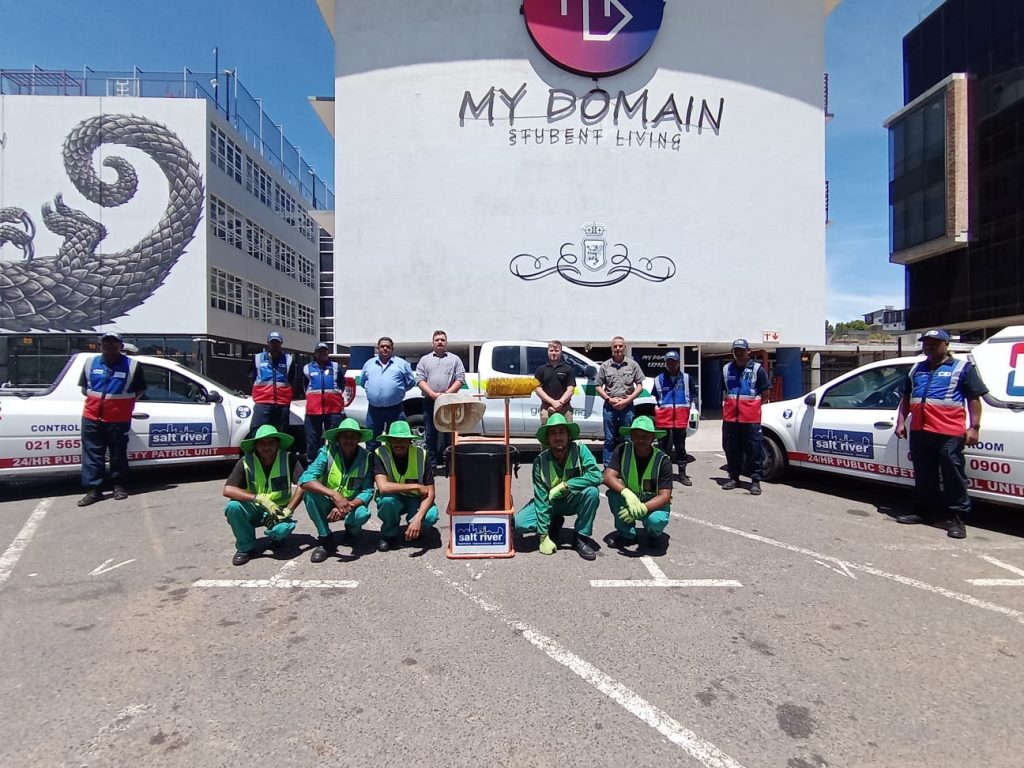
Q1 review, winter preparation & wheelie bin safety
As we move into the cooler months, we’re looking back and highlighting the efforts made during Q1 to keep the Salt River Business Improvement District a safe and clean place to live, work and visit. At this time, we also start preparing for winter with all the necessary maintenance to public space, and we ask you…
